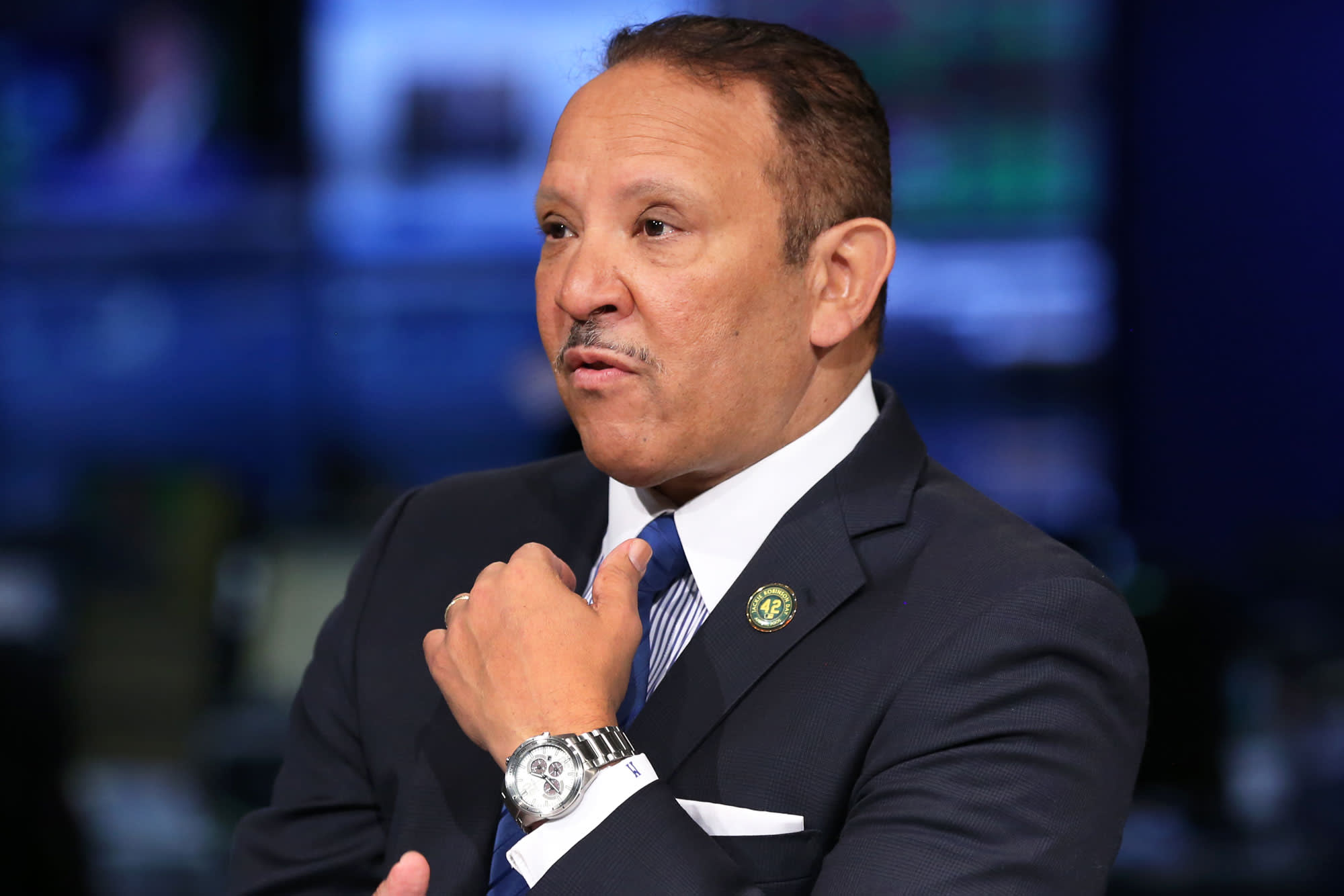The pandemic has left Americans wanting higher wages and increased workplace benefits, CEO of the National Urban League Marc Morial told CNBC on Friday.
“I sense that there’s a shortage of good-paying jobs because this labor shortage is at the lower end of the economic ladder,” Morial said on “Power Lunch.”
Meanwhile, the former mayor of New Orleans said the situation has left employers with two choices to contend with. “I think smart employers will face either, ‘I pay more wages’ or ‘I can’t meet customer demand.”
Seventy percent of jobs that were lost during Covid have come back, Morial said, reassuring that the labor market is recovering at a faster pace now than following the Great Recession.
The Labor Department reported Friday that payrolls increased 850,000 in June, topping a Dow Jones estimate of 706,000. Wages were up 0.3% last month and 3.6% higher than a year ago, in line with expectations.
“We’ve got to follow the evidence and the evidence shows that in those states, for example, that have dropped the enhanced unemployment benefits, job searches are no faster,” Morial said.
Other executives believe there is more to the labor shortage than wages.
Denny’s CEO John Miller told CNBC on Thursday the restaurant chain’s struggling to fill open positions due to people’s hesitancy in returning to work — not a staffing barrier.
Suzanne Clark, the chief executive of the U.S. Chamber of Commerce, also said Thursday on CNBC that a lack of skilled labor, pandemic-induced government jobless benefits and lack of access to childcare and restrictions on work visas for employees have contributed to a nationwide labor shortage.
Morial believes workers, especially women with child-care responsibilities, may have concerns about the risk of catching Covid-19. The concern is heightened particularly in states with low vaccination rates, where some may be holding out for a better paying job or an opportunity to work from home.
He noted that the fall season will be a notable transition period as children return to school and more parents return to the workforce.
Those who are looking for alternative options to lower-wage jobs without regular pay raises are also showing interest in self-employment and small-scale entrepreneurship, the Morial said.
“One thing that’s so clear as I look around the nation is that people are stretched with higher rents because there’s a housing shortage, stretched because of childcare and the expense of that, and all of these things create a new post-pandemic reality,” Morial said.
The post-pandemic reality “requires employers and others and policymakers to understand there’s ‘BC,’ before-Covid, and there’s ‘AC,’ after-Covid, and this is AC,” he said.
